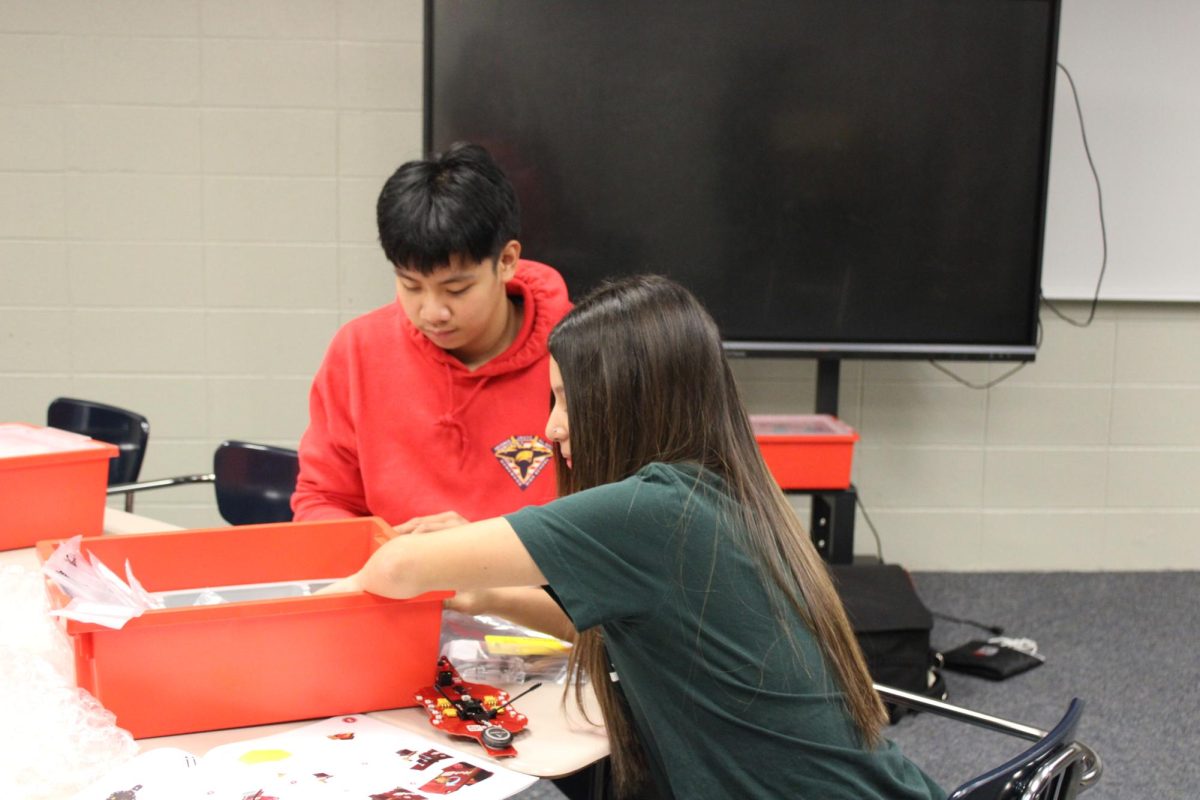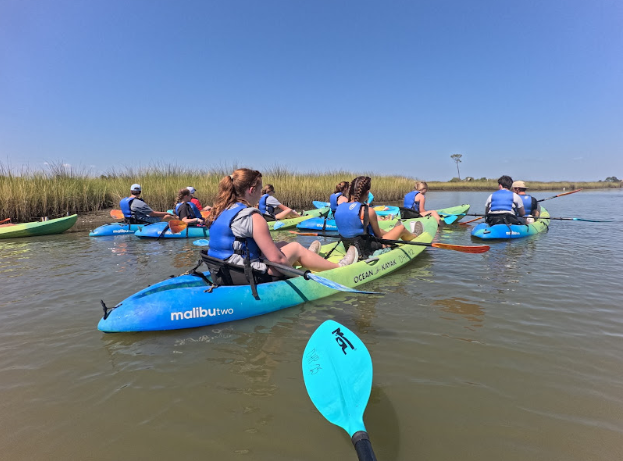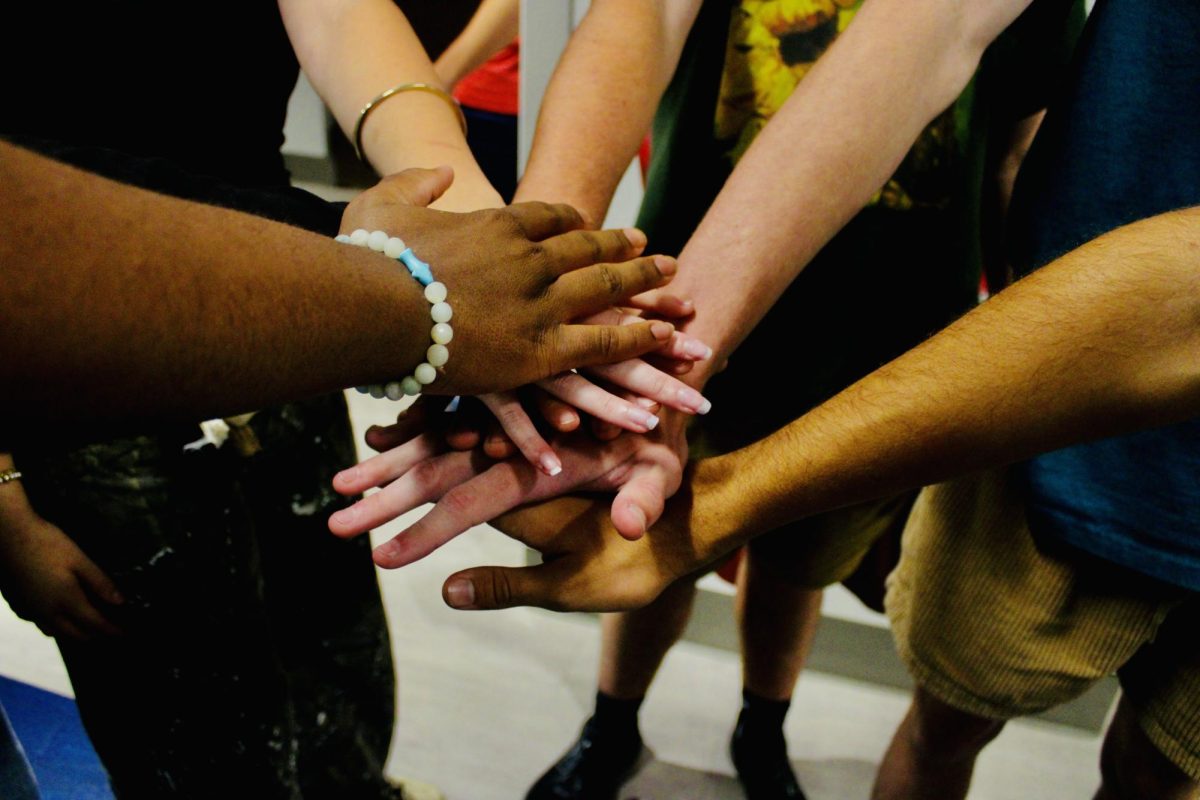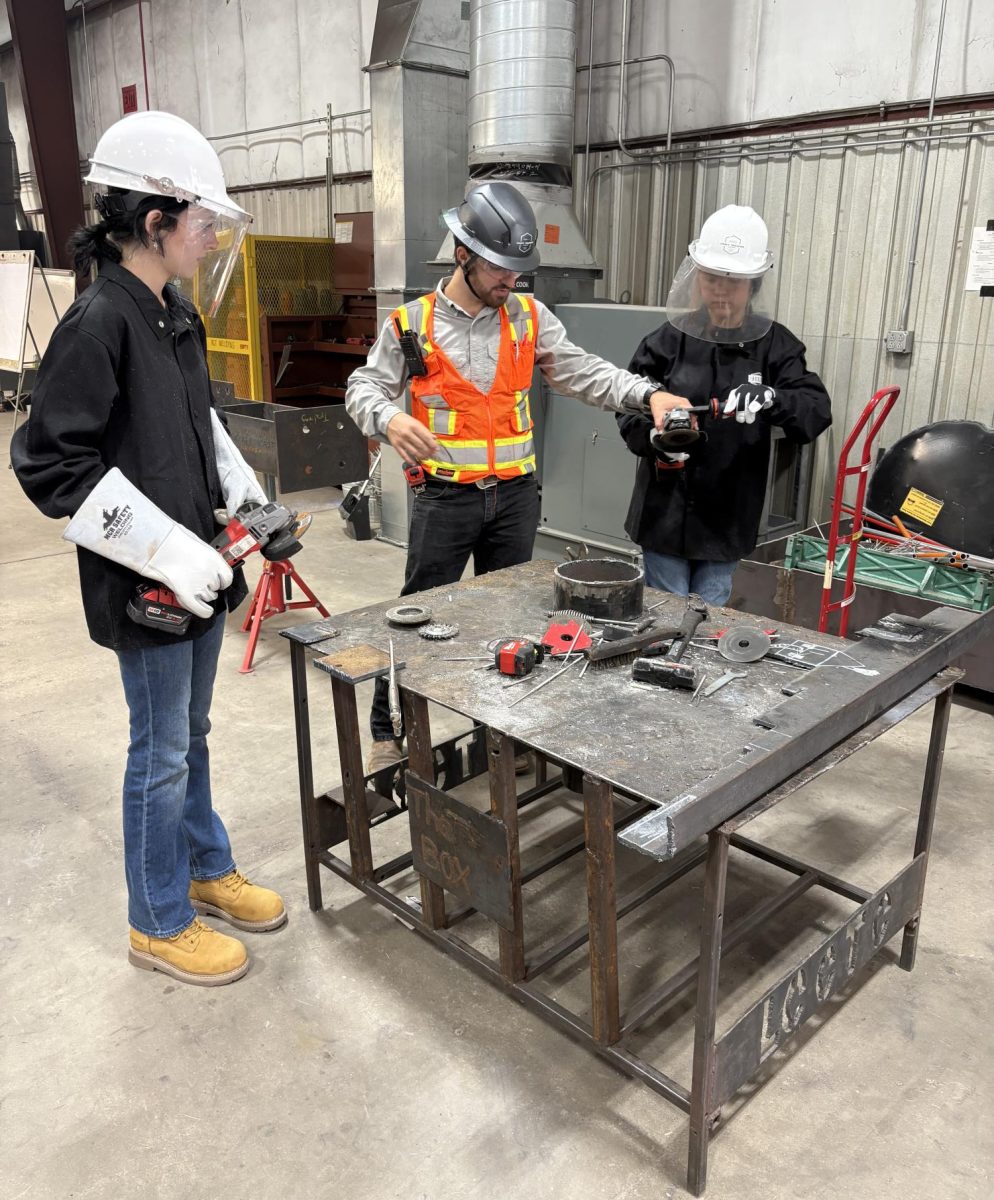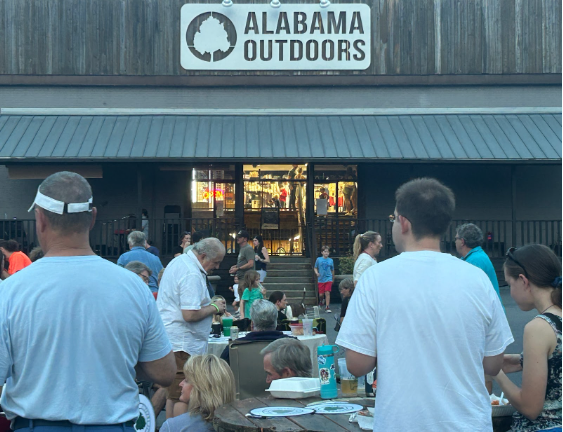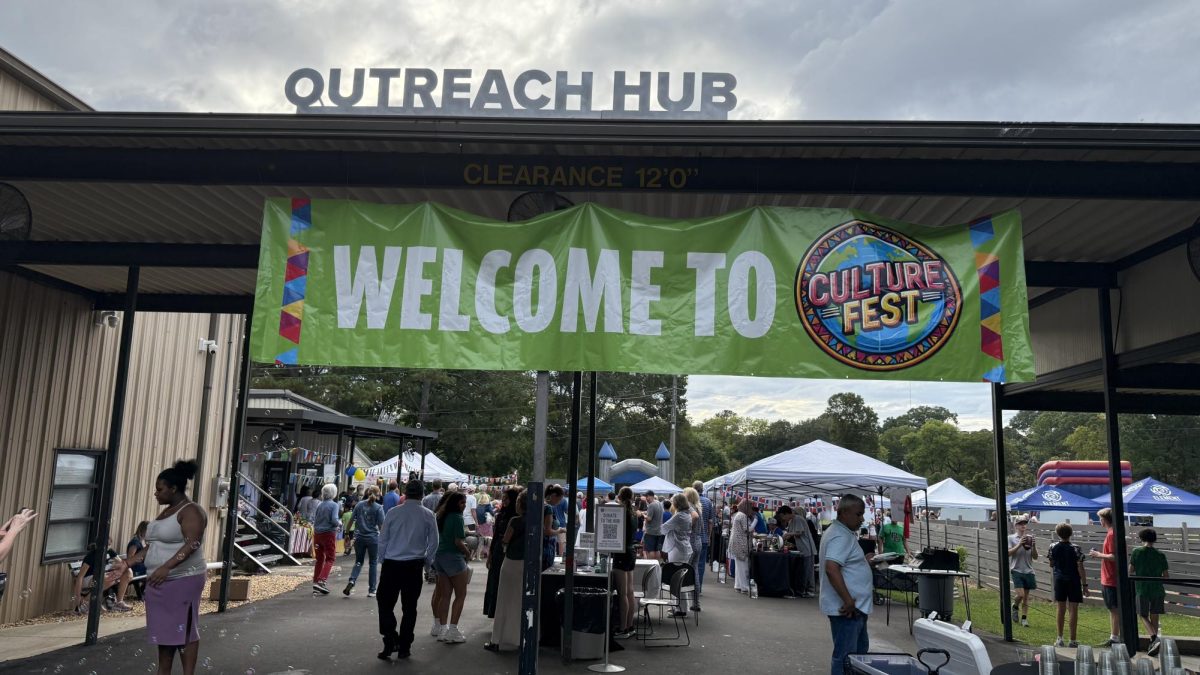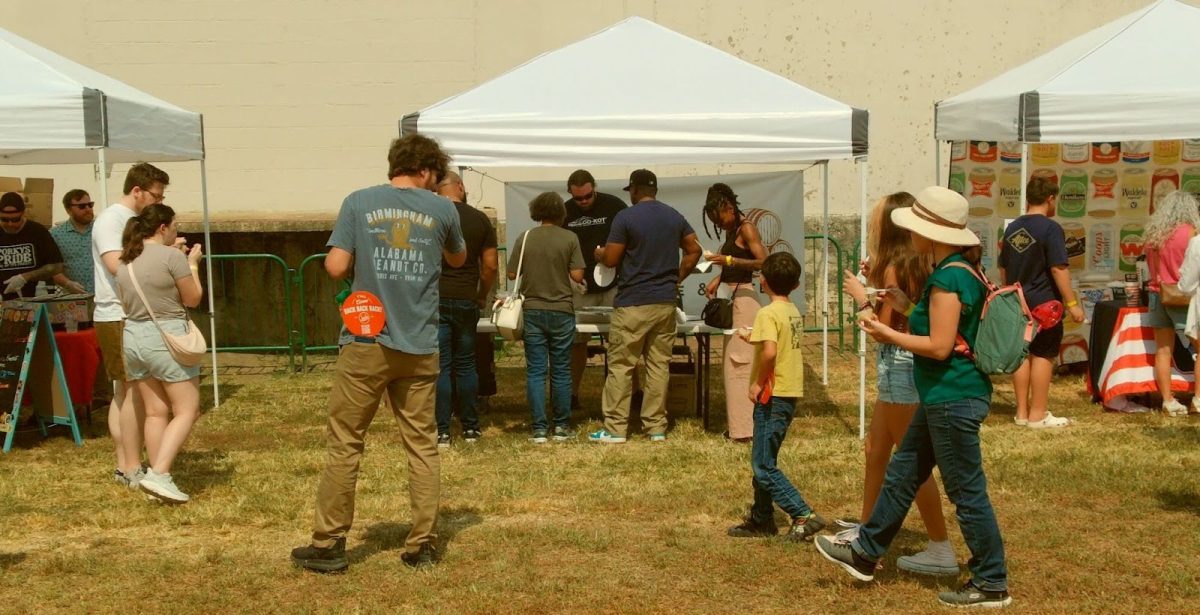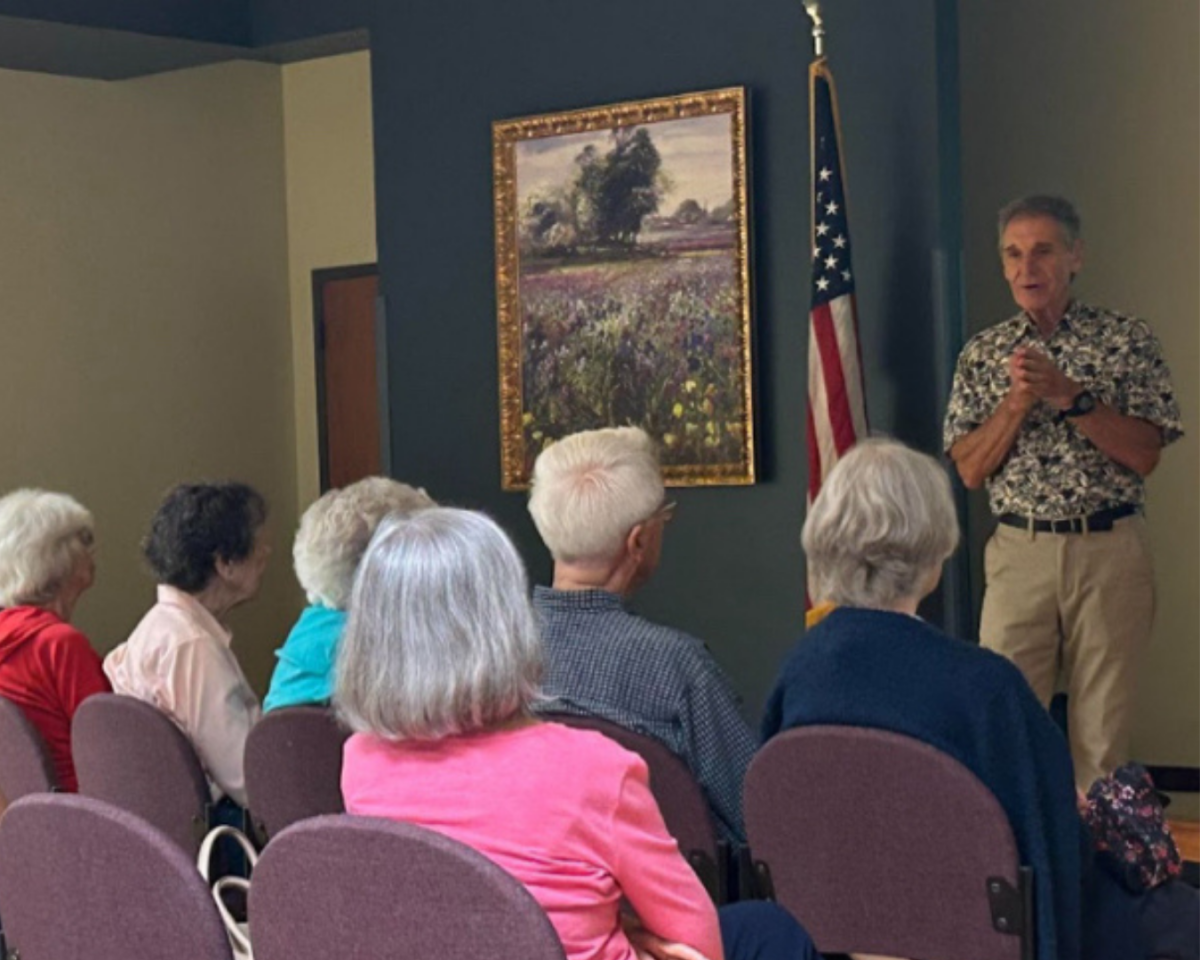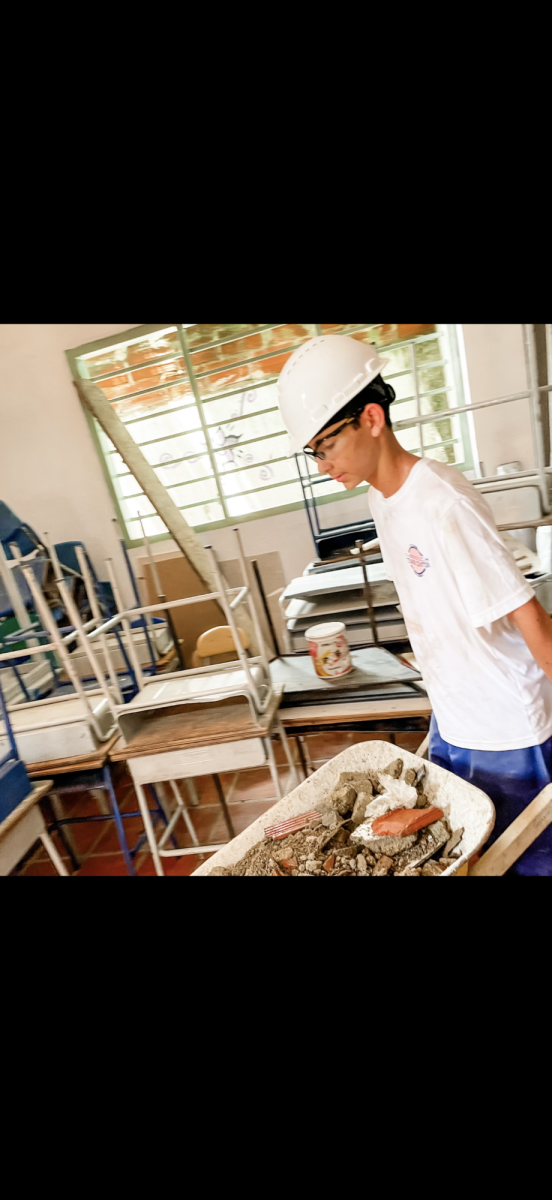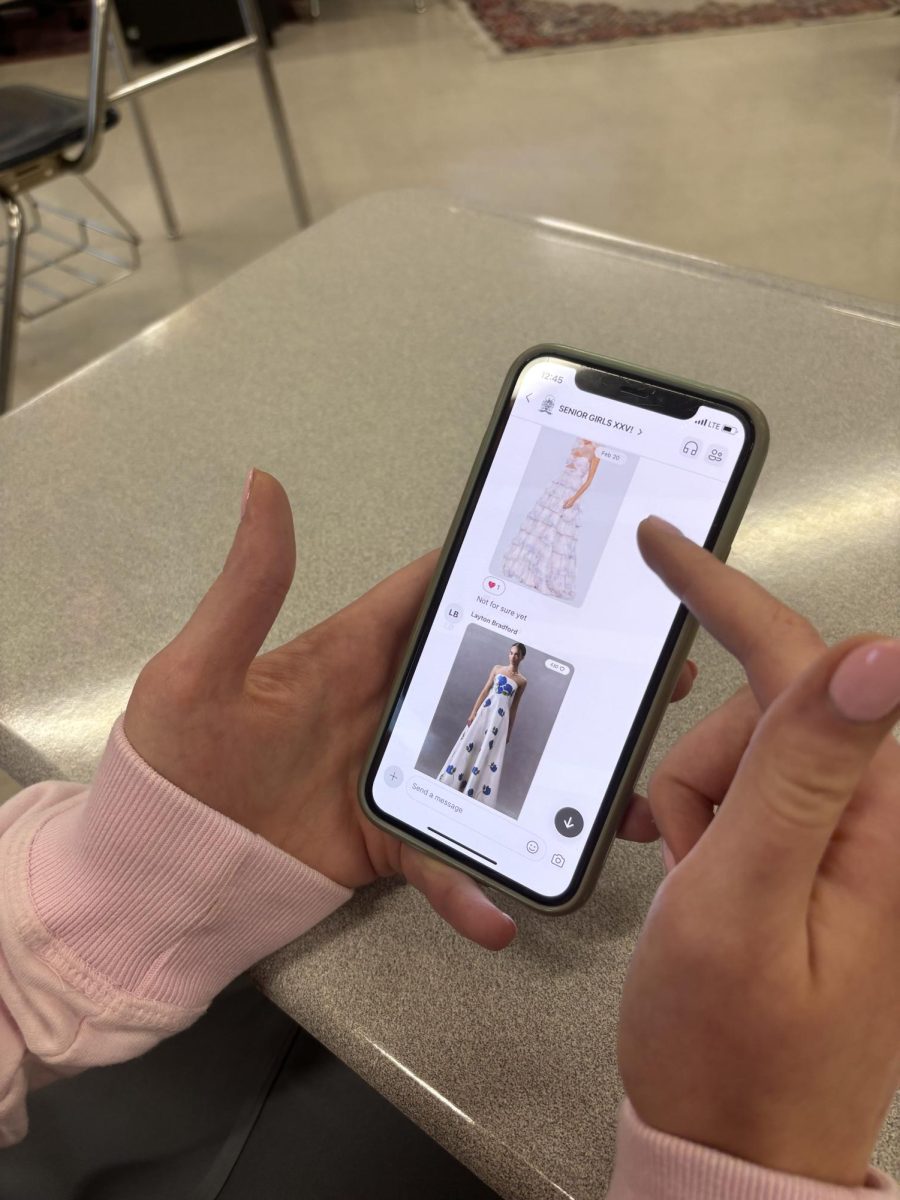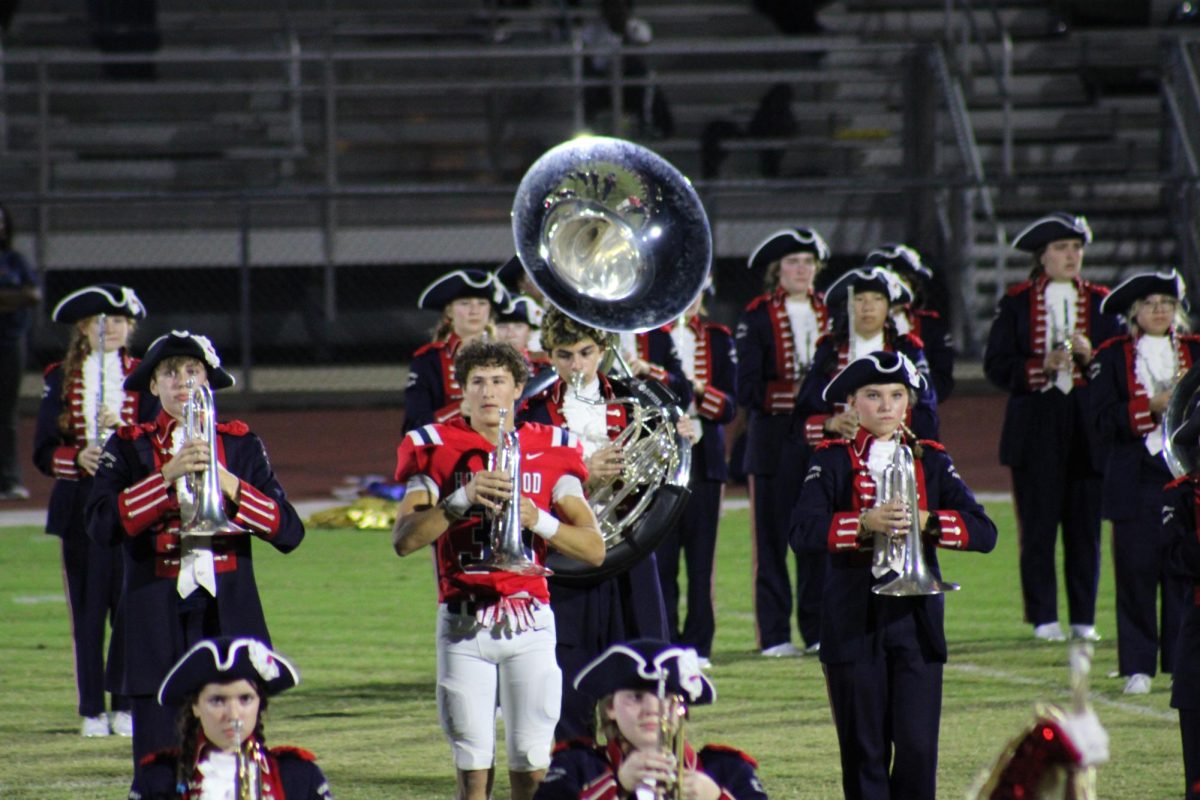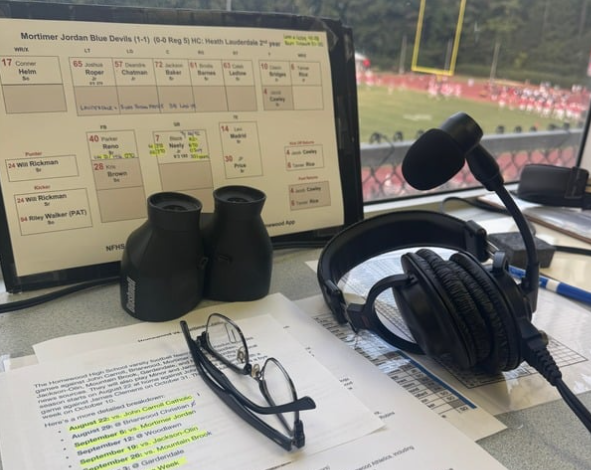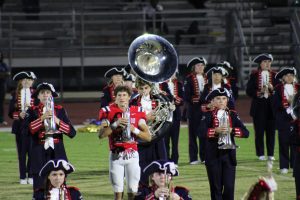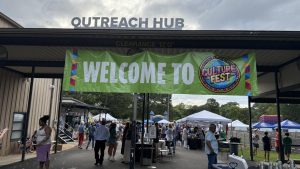Homewood’s refugee resettlement
January 5, 2023
When the Taliban regained control over Afghanistan in August 2021, the US government evacuated allies to America to secure their safety, leaving their families and homes behind. Almost a year ago, 57 refugees arrived in Homewood looking for a place to rebuild their lives, and the community responded with open arms.
Now, it has been nearly a year since 57 refugees arrived in Homewood, and the community’s response has only grown.
An Afghan refugee who arrived in Homewood in December of last year went through a tremendous journey coming here. He will remain anonymous for safety reasons, but he has a story to tell.
After years of fighting the Taliban as a US ally, several potentially fatal helicopter crashes and saving hundreds if not thousands of lives, he was evacuated to be resettled in the United States.
In August of 2021, he left Afghanistan and traveled to Pakistan, where the Pakistan government requested him to be a commanding officer in their air force, but he continued his journey. He was then in Usbekistan until September when he traveled to Abu Dhabi. From there he was taken to Virginia on a military base until December when he arrived in Homewood.
Shortly after the first refugees arrived, he asked Inspiritus- the organization tasked with settling the Afghan refugees around the country- for English classes for refugees, but they said no, so Trinity West started it.
Trinity West Homewood became an outreach hub for refugees and anyone in need in the community. From its humble beginnings as a food bank on Tuesdays and a household item store on Thursdays, it has expanded into a full-time center for any needs.
It has evolved into a hub for English classes every Monday night, weekly tutoring, adult driver’s ed classes, a food bank and more.
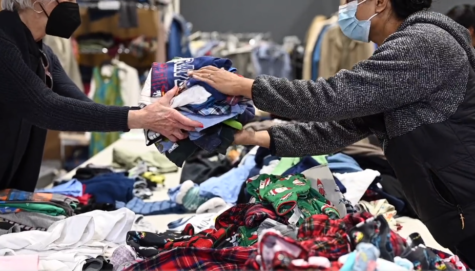
Connie McCallum, a volunteer and retired special education teacher, began volunteering at the very beginning of the refugee program.
“I was just curious more than anything. I was curious about the people and what they went through, just so curious,” she said, “The news does such a bad job of telling us what people are really like.”
McCallum grew up in a small town with closed-minded views, so the hub’s diversity was new to her.
“It used to scare the pants off me because everyone is so different,” she said, “what I’ve found since beginning this journey is that we are all more alike than different.”
She referenced How the Grinch Stole Christmas by saying “In Whoville, they say the Grinch’s small heart grew three sizes that day. I feel like my heart has grown three sizes since January, or maybe four or five or 10.”
Andrik Reyes Melgarejo, volunteer and HHS junior, volunteers at ESOL class every Monday night, teaching kids how to play common school games and translating Spanish for adults. “I see a bit o

f myself in them,” he said.
Reyes says that language barriers hold back people’s potential because they can’t communicate as well with others.
“Speaking English is the most crucial skill to live in the United States,” he said, “It would help if people were more patient and understanding that their English isn’t perfect and be encouraging.”
The outreach hub has helped refugees find housing and jobs, as well as learn how to navigate life in America.
“We try to get them more involved and feel like this is kind of a home base and a place that’s welcoming for them,” McCallum said. “They’re just kind people and are so grateful for anything that you do.”
She says it’s important for the community to be involved in this program because everyone has connections and access to different resources that can be utilized. There are currently more than 150 volunteers coming in and out of the Outreach Hub every week shuttling refugees to work and classes, packing food, organizing household supplies and more.
“Until you get into the middle of it all, you don’t realize what it’s really like,” McCallum said. She has formed close relationships with several refugees and continues to every week.
“We are their family, Homewood is their family,” McCallum said.

